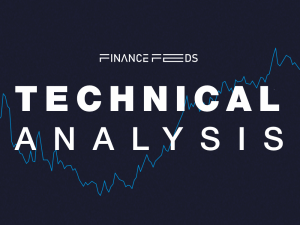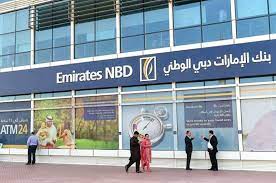Bitcoin ATM: Bridging the Gap Between Digital Currency and Physical Cash
A Bitcoin ATM offers a convenient way for users to buy or sell Bitcoin using cash, blending the digital currency experience with traditional financial transactions.

In an era increasingly dominated by digital transactions, Bitcoin ATMs stand out as a physical touchpoint for digital currency. These machines provide a crucial service, allowing users to buy or sell Bitcoin in a way that mimics traditional banking transactions but with a modern twist. As the demand for Bitcoin continues to grow, so does the presence of Bitcoin ATMs around the world, making cryptocurrency more accessible to the general public.
Bitcoin ATMs look similar to traditional ATMs but function quite differently. Instead of connecting to a bank account, they link directly to a Bitcoin exchange through the internet. This allows users to engage in transactions directly on the blockchain, Bitcoin’s underlying technology. Users can insert cash to buy Bitcoin, which is then either sent to their digital wallet via a scanned QR code or dispensed as a paper receipt with a QR code. Some Bitcoin ATMs also offer the reverse service, where users can sell their Bitcoin in exchange for cash.
The process of using a Bitcoin ATM is relatively straightforward. To buy Bitcoin, users must first verify their identity to comply with financial regulations; this is typically done through providing a mobile number to receive a text code and occasionally requiring further identification. Once verified, users can input their Bitcoin address by scanning their mobile wallet QR code, insert cash, and purchase Bitcoin, which is then transferred to their wallet. The transaction process at these ATMs is designed to be quick, taking only a few minutes to complete.
The convenience of Bitcoin ATMs has significantly contributed to their popularity. They eliminate the need for complicated online transactions that can be a barrier for those unfamiliar with digital wallets and cryptocurrency exchanges. For individuals who prefer handling cash or do not have bank accounts, Bitcoin ATMs provide an essential bridge to using digital currency. Moreover, these ATMs enhance the transactional security by conducting trades in a more controlled environment compared to online exchanges, which can be susceptible to hacking.
Despite these advantages, there are some considerations to keep in mind when using Bitcoin ATMs. The most notable is the transaction fee, which can be higher than online transactions. Fees vary by machine and can be a percentage of the transaction amount or a flat fee. Users need to be aware of these fees and compare different ATMs for the best rates.
Additionally, the accessibility of Bitcoin ATMs can still be limited depending on geographic location. While major cities might have multiple machines, smaller towns and rural areas may have few or none. The expansion of Bitcoin ATM networks is ongoing, and their distribution is expected to become more widespread as interest in cryptocurrencies continues to grow.
In conclusion, Bitcoin ATMs play a pivotal role in the evolution of how people buy and sell Bitcoin, making it as easy as withdrawing or depositing cash at a traditional bank ATM. This ease of use, combined with the physical familiarity of the transaction process, helps demystify the process of acquiring digital currency for the average person. As cryptocurrencies continue to integrate into everyday financial activities, Bitcoin ATMs will likely become a more familiar and relied upon resource for accessing digital wealth.









